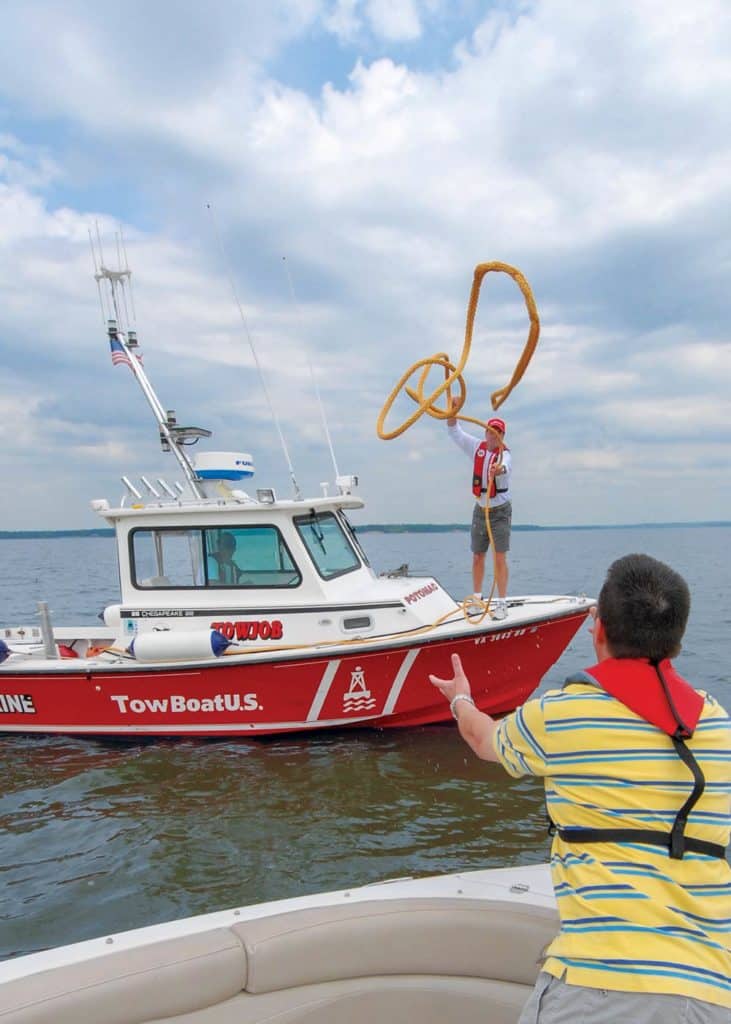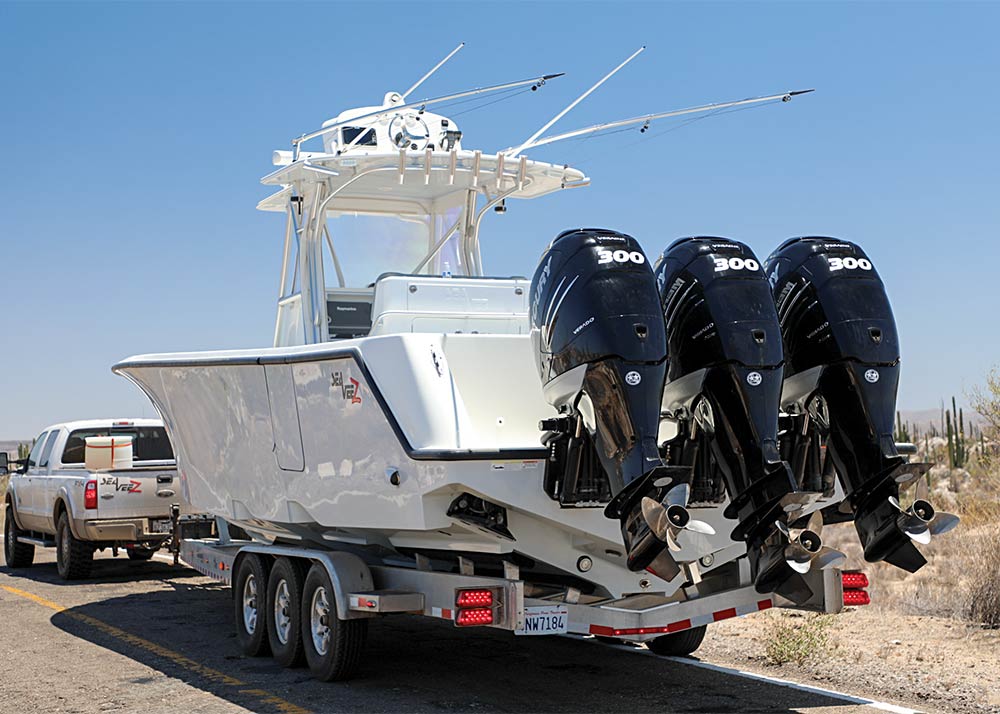
The long hours of research and shopping for a boat are behind you. You made your pick, signed on the dotted line, and that brand-new boat of your dreams will be ready for delivery next week. What’s next? Insuring your new investment would be a prudent move. With that in mind, we shed light on the different types of coverage, liability levels, and special stipulations and riders to help secure the best comprehensive insurance policy for your needs.
Establishing a value is the first step in the process, and you should take into account that insurance premiums vary based on where the boat is located. Premiums run higher in hurricane zones than the Great Lakes region, for example. You also ought to know that saltwater use is deemed more frequent and more damaging in the long term, so insurance companies price accordingly.
“Boat values are a tricky question,” says Rob Willis, an executive producer with Gallagher Charter Lakes Insurance Company, which has focused exclusively on marine insurance since 1990. “There are three classifications: replacement value, agreed value, and actual cash value.” Replacement value is what it’ll cost to replace an older boat with a new one. The industry considers boats larger than 26 feet as yachts, and most insurance carriers don’t offer the replacement-value option on yachts. Agreed value pays the specific amount agreed upon for a total loss without deducting depreciation. Lastly, actual-cash-value, similar to most auto policies, covers the vessel’s market value at the time of loss, minus depreciation assessed by a claims adjuster. “Although they are less expensive, we prefer not to sell actual cash value policies, since the final payout is never known until after a claim.”
Willis says cash value is determined by the purchase price, not the builder’s suggested retail price. Replacement coverage is often only good for a few years after purchase. Agreed value is designed “to make the policy owner whole, not rich,” Willis adds. “Overinsured boats sink faster than others. It’s a moral hazard, so just insure what you paid for.
“And deal only with insurance companies with an A+ rating, which takes into account the financial stability of the carriers,” Willis recommends. Companies with lower ratings may not be as secure and could go bankrupt with excessive claims due to a major storm.
It may also be difficult to secure a policy when jumping up drastically in boat size, Willis explains. Companies look at prior experience when determining risk, and the learning curve in terms of boat handling, docking and maintenance is significant when upgrading from a 20-foot center-console to a 45-footer, so keep that in mind. “Our Total Loss Replacement coverage for new boats is a popular option,” says Rick Stern, boat product manager for Progressive Insurance, which covers 1 million watercraft across the U.S., including thousands in the intermediate, recreational fishing boat segment. “With it, if your boat is a total loss within five years of the purchase date, we’ll either cut a check for the boat, trailer, electronics and accessories based on the bill of sale, less the deductible, or purchase a replacement boat. It’s the customer’s choice. After five years, that shifts to an agreed-value amount.”
Stern recommends buying the maximum personal liability you can afford, $100,000, $300,000 or $500,000. The premiums are inexpensive compared to auto policies, and damage in the event of an accident can add up quickly.
Uninsured boater insurance is another worthwhile option, Stern says. “Industry estimates of uninsured boaters on the water range from 35 to 50 percent,” he explains. “So, it’s good to have that extra coverage. It really protects you and your passengers in case of injuries, lost wages, etc., if you are hit by an uninsured boater, and the cost is nominal.”

Don’t overlook additional coverage either. Some companies exclude claims for mechanical, electrical or overheating issues, while others cover normal wear and tear. Towing and trailering coverage are also important. Progressive offers on-water towing coverage for $50 a year for Florida boaters, and $30 for all other states. That charge provides “sign and go” service from dispatched towing companies with no additional out-of-pocket expense or limits on frequency. Trailer riders cover failures on the road, and some even include the tow vehicle, if it breaks down. If you fish tourneys, check with the insurance agent about stipulations for that type of coverage too.
Finally, shop around and get at least two quotes. Online requests are limited to specific carriers, but independent agents can price and compare policies from multiple insurance companies to find the best value and protection.









